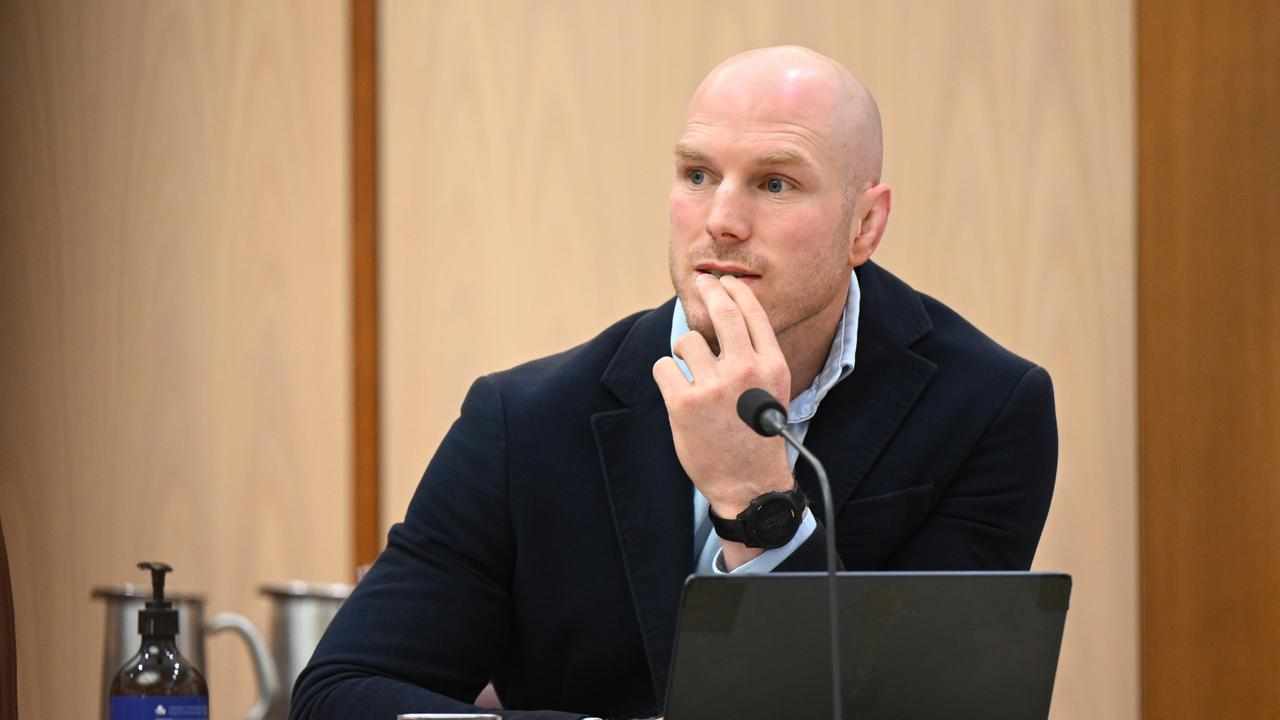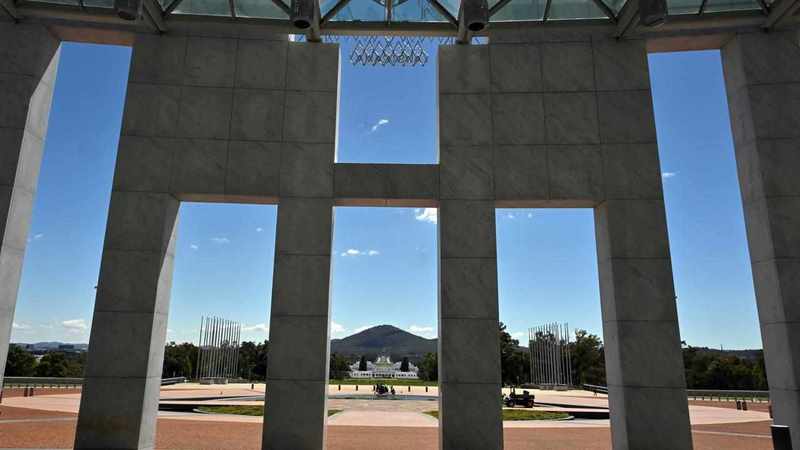More than 2000 people have been granted rare access to parliament in order to lobby politicians and their staff, but the public cannot know who they are.
Sponsored passes, known for their orange colour, enable the holder to enter Parliament House at all hours and without an escort.
Independent senator David Pocock questioned the Department of Parliamentary Services about the number of people who held such passes.
There were 2002 orange pass holders as of December 2023, an increase of 211 in less than a year.
The passes require endorsement from an MP or senator and are valid for three years, giving passholders all-areas and all-hours access to the halls of power.
One MP had sponsored passes for 45 people - none of whose names are available for scrutiny on a public register.

Independent senators including David Pocock have criticised the passes for allowing lobbyists unfettered access to federal politicians.
"The problem is no one knows who these sponsored passholders are,” Senator Pocock told a Senate estimates hearing on Monday.
Some are family members of MPs and senators, while others can be union officials, advocates or lobbyists.
"It’s not right that Australians don’t know who’s in the building that they pay for, lobbying their representatives," Senator Pocock told AAP.
"Transparency, who has a pass and who gave it to them, is the bare minimum that Australians deserve and demand."
The senator also requested data on the number of people who swiped into parliament over weekends, outside of sitting hours or during non-sitting weeks.
Lobbyists "setting up shop" in the building was also raised by the ACT senator, saying he had been told of rooms being unavailable for political or parliamentary staff because they were being used for advocacy meetings.
Department of Parliamentary Services secretary Robert Stefanic said his agency did not manage bookings for those spaces and was unable to comment.
A parliamentary inquiry has previously heard the department did not record the industries that individual passholders represented, instead relying on passholders to update their information if they changed organisations.
At the time, Senator Pocock said he was told of a case where a person was sponsored for a pass, then moved into the tobacco industry and continued to use their swipe card to access parliament.
An upcoming Senate inquiry into the lobbying industry will investigate checks and balances involving transparency, including the sponsored pass system.









